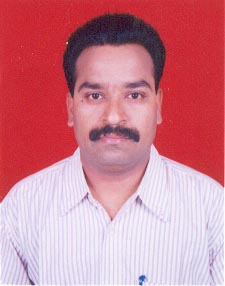


Principal Scientist (Entomology)
Education : Ph.D. in Entomology
Major research areas : Crop pest weather modeling and IPM
E-mail:
ms.rao@icar.org.in
msrao909@gmail.com
Books